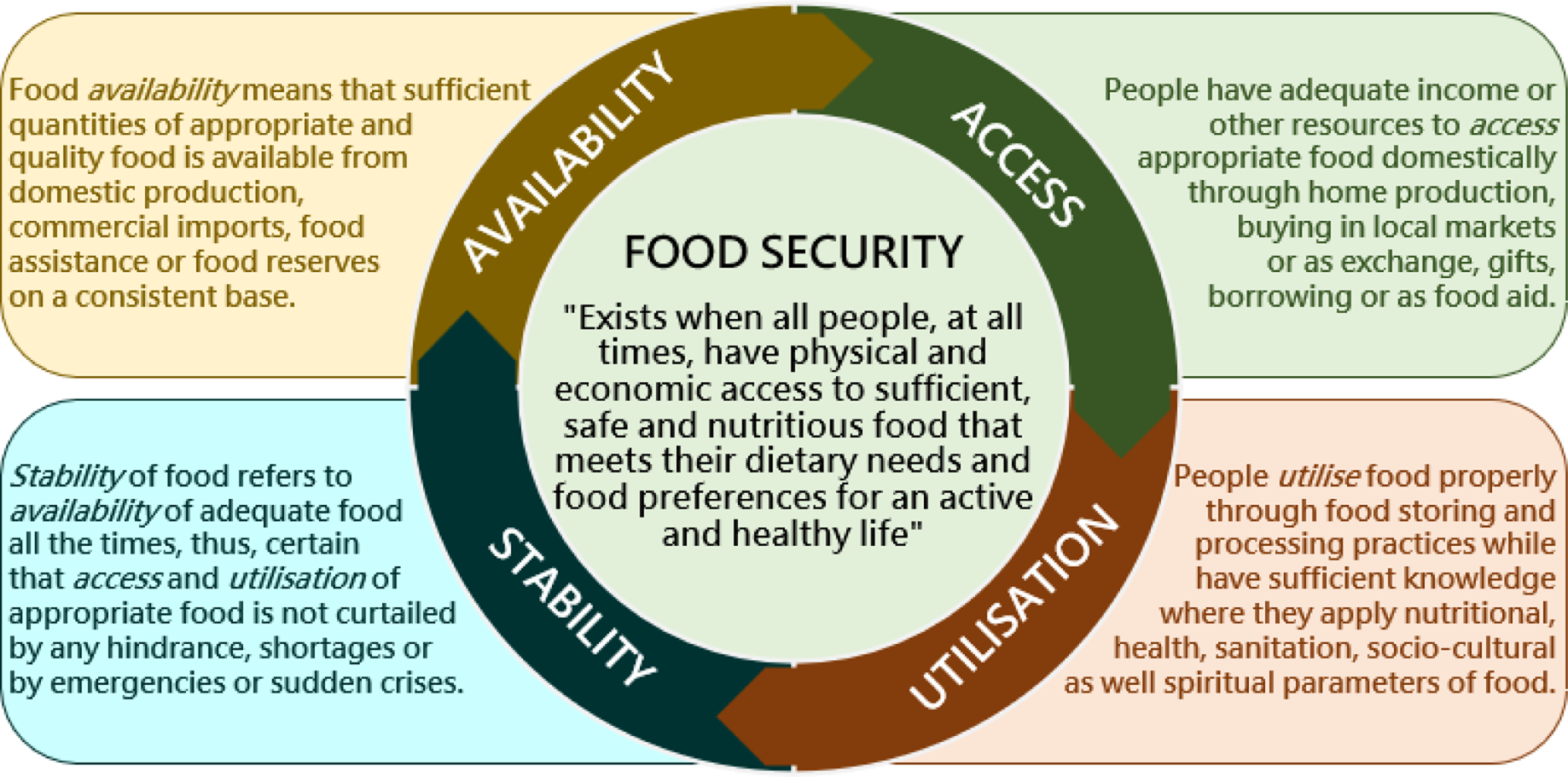Global stock markets have experienced heightened volatility due to recent inflation reports and central bank interest rate adjustments. Investors are reacting cautiously, balancing the potential for economic growth against the risk of rising borrowing costs and reduced consumer spending.
Stock indices in North America, Europe, and Asia have shown fluctuating trends, reflecting uncertainty over how monetary policies will impact corporate profits and market stability. Analysts emphasize the importance of strategic portfolio management during this period.
Central Banks and Policy Measures
Central banks in major economies have adjusted interest rates to curb inflation, aiming to stabilize markets without triggering recession. These measures influence lending rates, consumer behavior, and corporate investment decisions.
Policymakers face a delicate balance: tightening too aggressively can slow economic growth, while delayed action may exacerbate inflationary pressures. Communication and transparency are critical to maintaining investor confidence and market stability.
Sector-Specific Impacts
Different sectors respond uniquely to economic shifts. Technology companies often face valuation adjustments due to future earnings uncertainty, while consumer staples show resilience as essential goods maintain steady demand.
Financial institutions are directly impacted by interest rate changes, influencing lending margins and investment strategies. Energy and commodities markets also react to macroeconomic signals, with pricing affected by global demand and supply factors.
Global Economic Implications
The ripple effects of inflation and interest rate policies extend internationally. Emerging markets face currency fluctuations, debt servicing challenges, and potential capital outflows. Export-driven economies may see demand shifts depending on consumer confidence in major markets.
Trade relations and geopolitical considerations add complexity, as countries navigate inflationary pressures alongside international competition and supply chain constraints.
Strategic Investor Approaches
Investors are advised to diversify portfolios, focus on long-term value, and monitor macroeconomic indicators closely. Risk management tools, hedging strategies, and alternative assets are increasingly utilized to navigate market uncertainties.
Financial advisors stress the importance of maintaining liquidity, reassessing exposure to high-volatility sectors, and staying informed on central bank communications to make informed investment decisions.
FAQs
What caused the recent market volatility?
Inflation reports and central bank interest rate adjustments have created uncertainty, affecting investor sentiment worldwide.
Which sectors are most affected?
Technology, financials, energy, and commodities sectors experience varied impacts, with essential goods showing relative resilience.
How are central banks responding?
Central banks are adjusting interest rates to manage inflation while aiming to avoid slowing economic growth excessively.
What should investors do in volatile markets?
Diversify portfolios, utilize risk management strategies, monitor economic indicators, and maintain liquidity.
Do these changes affect emerging markets?
Yes, currency fluctuations, capital outflows, and trade impacts make emerging economies vulnerable to global interest rate and inflation shifts.
Conclusion
Global markets are navigating a period of uncertainty driven by inflation and interest rate adjustments. While volatility poses challenges, strategic investor approaches, diversification, and informed decision-making can mitigate risks and create opportunities.
Central banks’ actions, sector-specific performance, and international economic dynamics will continue to shape market trends. By staying vigilant and adaptable, businesses and investors can manage uncertainty and leverage potential gains in a complex financial landscape.






